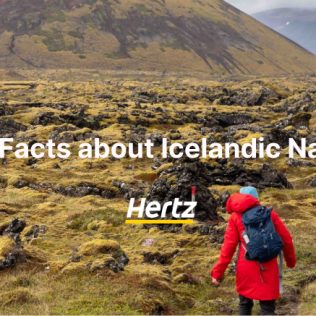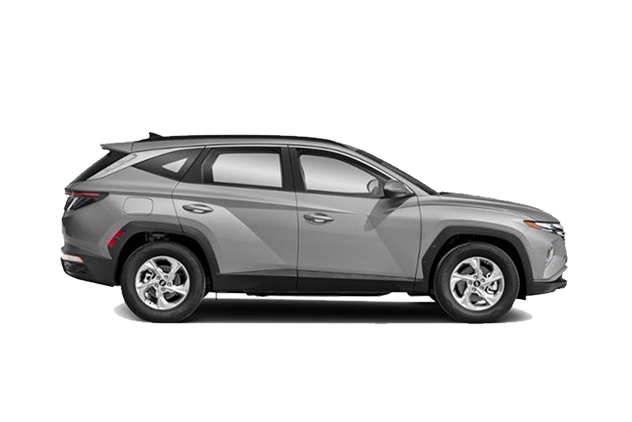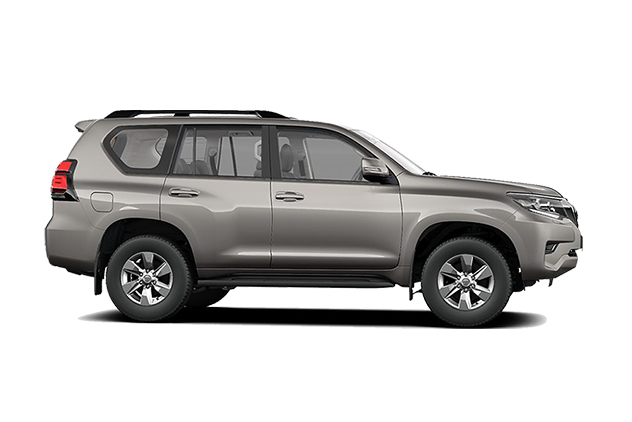Iceland, a land known for its mesmerizing landscapes and rich Viking heritage, holds a unique tradition in the way its people are named.
Icelandic names are not just a means of identification but a deep-rooted cultural expression, reflective of the nation’s history, nature, and mythology. In this comprehensive exploration, we delve into what makes Icelandic names so special and how they form an integral part of Iceland’s identity.
The Historical Roots of Icelandic Names
The tradition of Icelandic names dates back to the Viking Age, deeply anchored in Old Norse, the language of the Vikings. These names often contain elements drawn from nature, gods, and ancient heroes, making them distinct in sound and meaning. For example, names like ‘Björk’, meaning birch tree, and ‘Óðinn’, named after the chief Norse god, are not just names but stories and symbols from a bygone era.
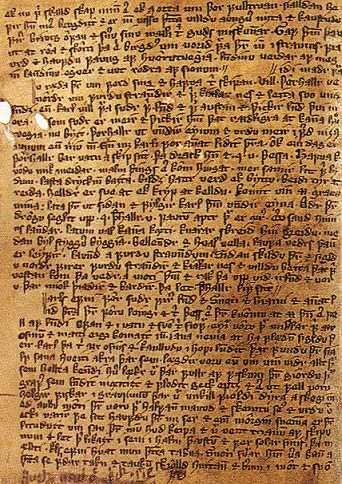
Understanding Iceland Naming System
One of the most fascinating aspects of Icelandic culture is its naming system. Unlike many countries where surnames are passed down generations, Icelanders primarily use a patronymic system.
In this system, a child’s surname is derived from their father’s first name, with ‘son’ or ‘dóttir’ added at the end, meaning ‘son of’ or ‘daughter of’. Thus, if Jón has a son named Ólafur, his full name would be Ólafur Jónsson. This system creates a direct link to one’s lineage, emphasizing the value of family ties.
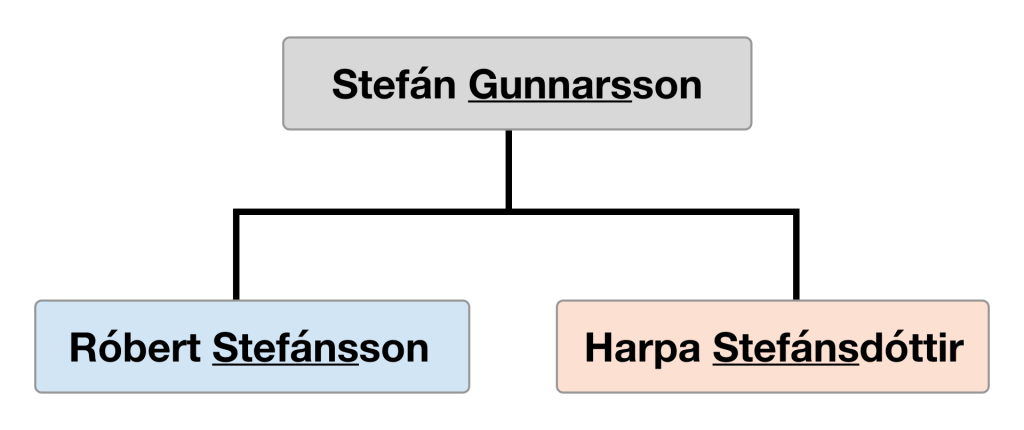
The Role of the Icelandic Naming Committee
In Iceland, the process of naming a child is overseen by the Icelandic Naming Committee. This committee ensures that new names align with the linguistic and cultural standards of the country. They check if the names are adaptable to Icelandic grammar and pronunciation and whether they carry any historical significance. This regulation maintains the integrity and heritage of Icelandic names, ensuring they are passed on to future generations.
The Significance of First Names in Iceland
Icelandic first names are rich in meaning, often inspired by the natural world or ancient Norse mythology. Names like ‘Sigríður’, meaning beautiful victory, and ‘Leifur’, meaning descendant, are imbued with qualities and characteristics that parents wish upon their children. This connection to nature and ancestral heroes is a testament to Icelanders’ respect for their environment and history.
Here is a list of Icelandic names for girls and boys, if you are thinking about naming your little on in Icelandic, these names can be considered.
Example of Traditional Icelandic Male Names:
- Flóki
- Ingólfur
- Einar
- Helgi
- Ketill
Example of Traditional Icelandic Female Names:
- Auður
- Arnkatla
- Hallbera
- Kaðlín
- Þuríður
- Valgerður
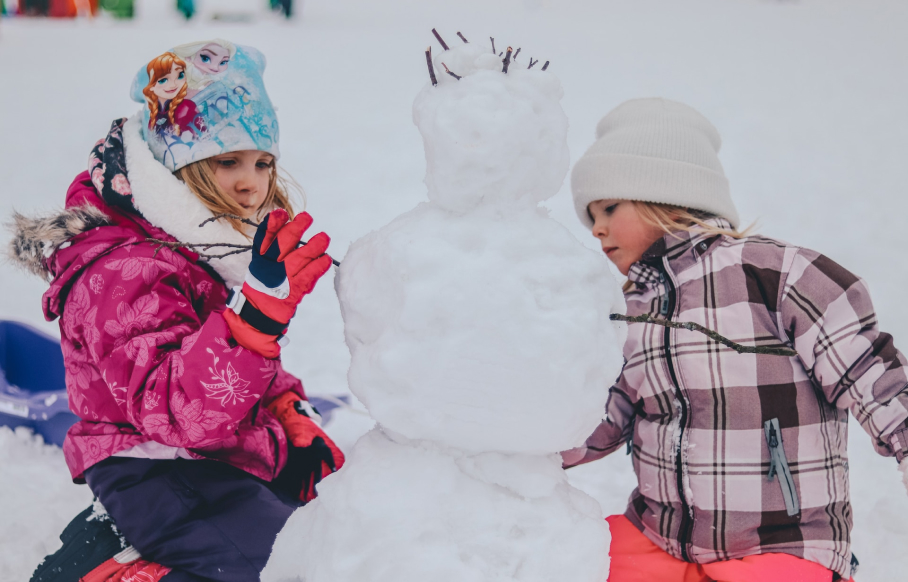
Example of Common Icelandic boy Names:
- Jón
- Sigurður
- Guðmundur
- Gunnar
- Ólafur
Example of Common Icelandic Girls Names:
- Guðrún
- Anna
- Kristín
- Sigríður
- Margrét
Example of Internationally Friendly Icelandic Male Names:
- Alvar (meaning rich)
- Ari (eagle)
- Darri (spear)
- Elmar (ship)
- Emil (friendly)
Example of Internationally Friendly Icelandic Female Names:
- Freyja (pagan goddess of love and fertility)
- Edda (ancestress)
- Harpa (instrument or the old month of spring)
- Hekla (an Icelandic volcano)
- Katla (another Icelandic volcano)
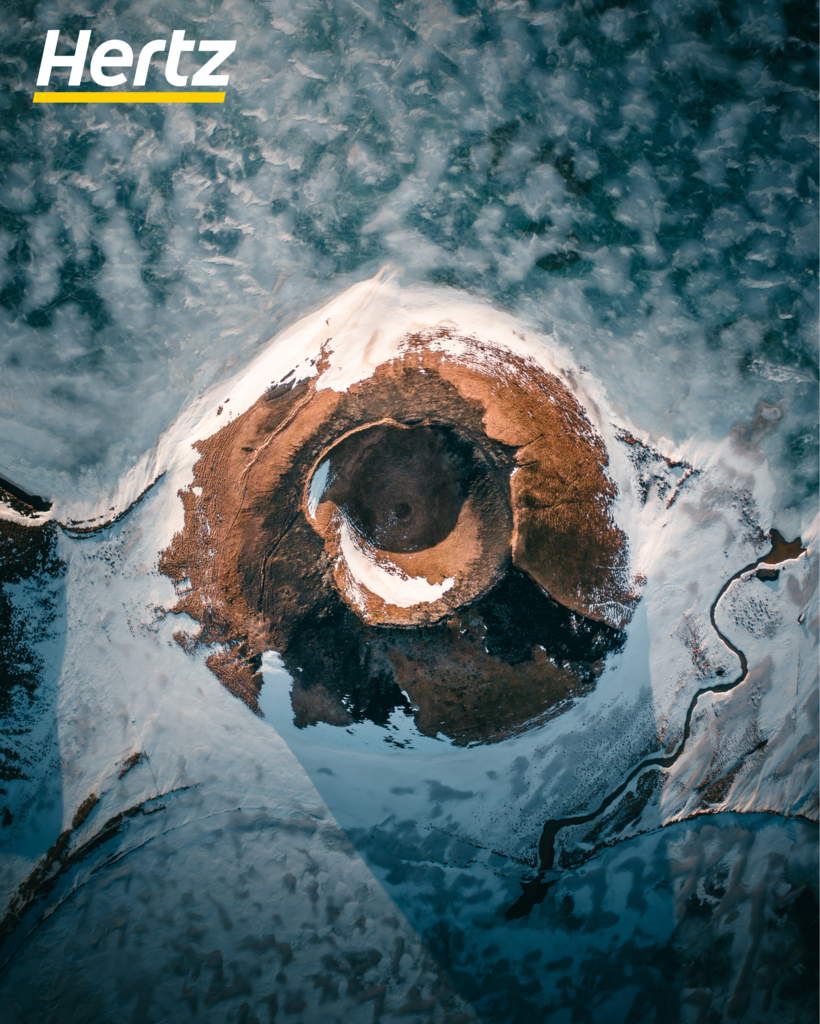
These names, whether traditional or modern, resonate with the Icelandic spirit, each carrying a unique story and significance.
Modern Trends in Icelandic Names
While traditional names continue to thrive, there has been a gradual shift in naming trends in recent years. Many parents now opt for names that blend international influence with Icelandic traditions. However, these names still need to adhere to the guidelines set by the Naming Committee, ensuring they are suitable for the Icelandic language and culture.
Celebrating Name Days in Iceland
In Iceland, name days, known as ‘nafndagar’, are as significant as birthdays. Each day of the year is associated with specific Icelandic names. When a person’s name day arrives, it’s customary for friends and family to offer well-wishes and sometimes gifts, similar to a birthday celebration.
This tradition, deeply embedded in Icelandic culture, reinforces the value of each name, celebrating the individual and their connection to the shared heritage. It’s a testament to how names forge a bond among people, uniting those who share the same name in a unique communal spirit.

Gender-Neutral Names: A Progressive Trend
Reflecting Iceland’s progressive stance on gender equality, there’s a growing trend of choosing gender-neutral names. This shift is aligned with the broader global movement towards inclusivity and breaking away from traditional gender norms.
Names like ‘Blær’ (meaning gentle breeze) and ‘Alex’ are becoming more common, offering a fresh perspective on identity and self-expression. This evolution in naming practices showcases Iceland’s commitment to equality and its willingness to adapt and evolve with changing societal values.
Names as a Reflection of Icelandic Society
In Icelandic culture, names are much more than identifiers; they are storytellers. Each name, whether passed down through generations or newly chosen, carries with it a narrative of family, history, and personal identity.
Icelanders take great pride in their names, often engaging in conversations about the meaning and origin of their names. This practice not only honors their heritage but also strengthens social bonds and fosters a deep sense of community. Names in Iceland are a reflection of the society’s values, history, and the strong connection to their ancestral roots.
Naming Etiquette in Iceland
When interacting in Iceland, it’s crucial to respect the naming etiquette. Icelanders typically use first names in all social settings, including professional environments. This practice stems from the country’s egalitarian principles, where everyone is regarded with equal respect and formality is often set aside.
Addressing someone by their first name, even in official circumstances, is a sign of courtesy and familiarity. This approachable style of interaction reflects the open and friendly nature of Icelandic society, making social interactions more personal and meaningful.
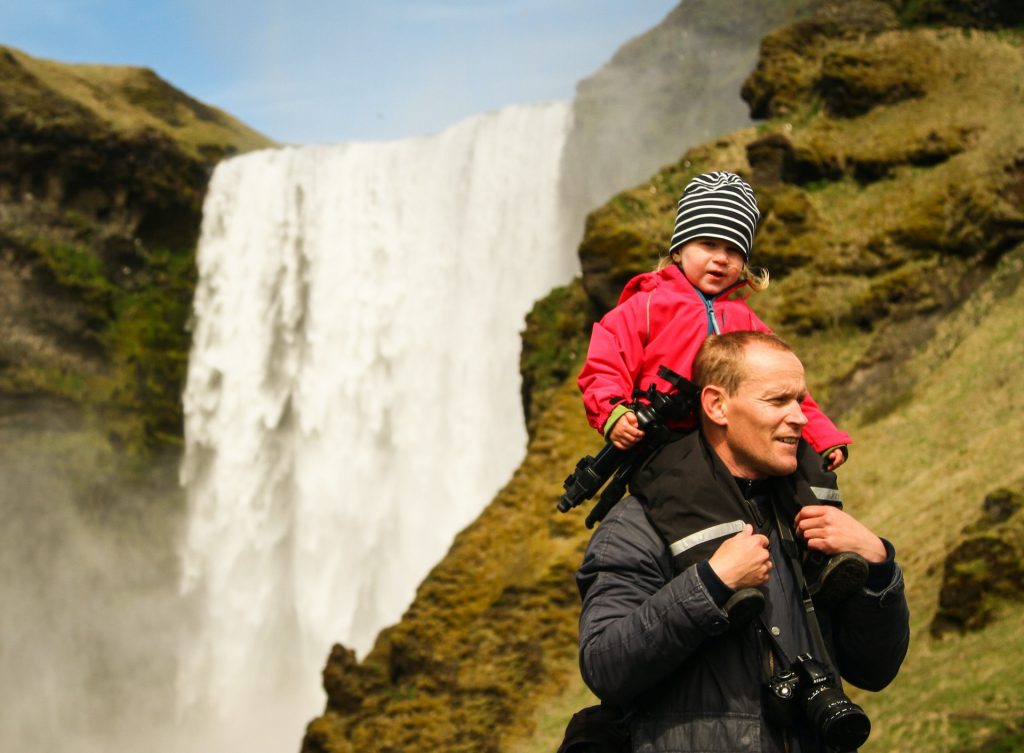
Fun Facts About Icelandic Names
- No Surname Changes upon Marriage: In Iceland, individuals retain their own unique last names even after marriage, simplifying legal aspects such as divorce.
- Naming Options for Non-Icelanders: Those living in Iceland but not of Icelandic descent can choose from a list of pre-approved names that are easier to pronounce and don’t contain complex Icelandic letters and accents.
- Names Reflecting Character: Icelandic names often symbolize the character or traits parents wish for their children. This is evident even in folklore, where the Yule Lads, traditional Icelandic figures, have names reflecting their personalities.
- Language and Alphabet Restrictions: The names chosen must conform to the Icelandic alphabet and language structure, preserving linguistic integrity.
- Nature-Inspired Names: Many Icelandic names are derived from the country’s dramatic landscapes and natural phenomena, such as ‘Sindri’, meaning ‘to glow’ or ‘gloomy’, and ‘Sæunn’, meaning ‘ocean wave’ or ‘she who cares for the sea’
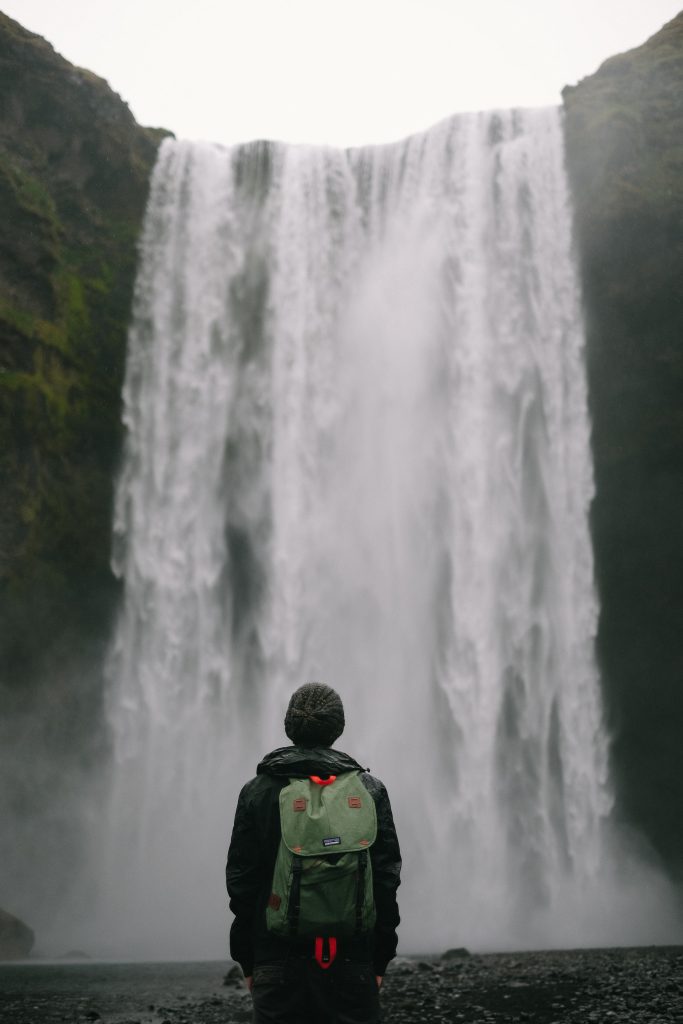
Conclusion
The world of Icelandic names is a captivating blend of tradition, nature, and mythology. These names are not just labels but are deeply embedded in the Icelandic psyche, representing a profound connection to the land and its history. As you explore Iceland, take a moment to appreciate the beauty and significance of the names you encounter. They are the threads that weave the rich tapestry of Icelandic culture.
At Hertz Iceland, we invite you to experience the magic of Iceland firsthand. Our range of rental vehicles provides the perfect companion for your journey through this land of fire and ice. Whether you’re navigating the scenic routes or delving into the heart of Icelandic towns, Hertz Iceland is here to ensure a comfortable and memorable adventure. Visit us to plan your trip and immerse yourself in the enchanting world of Iceland!
